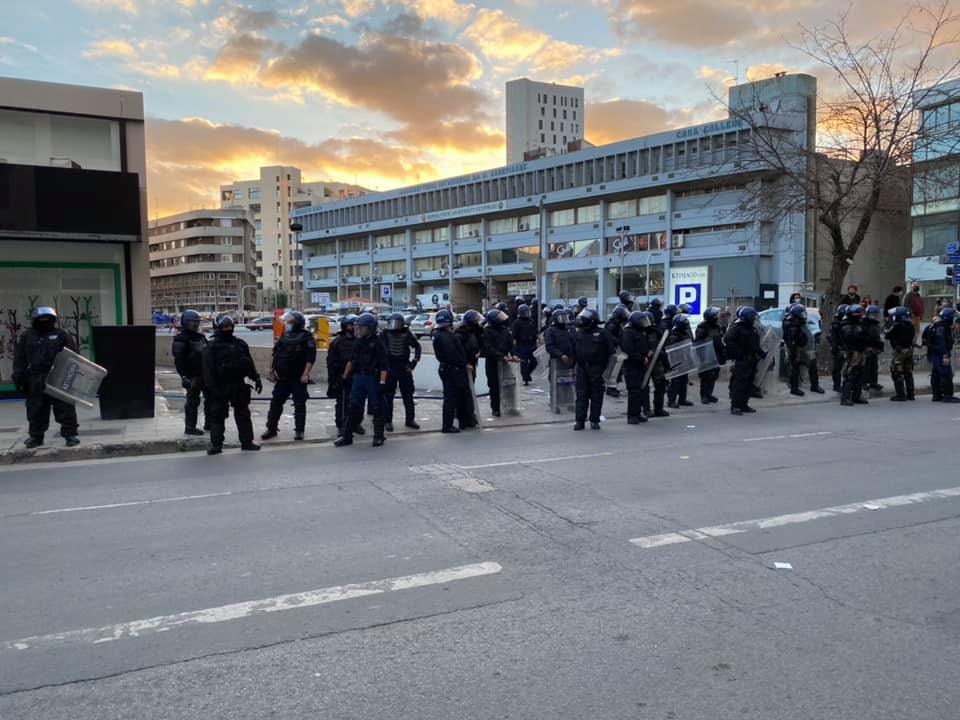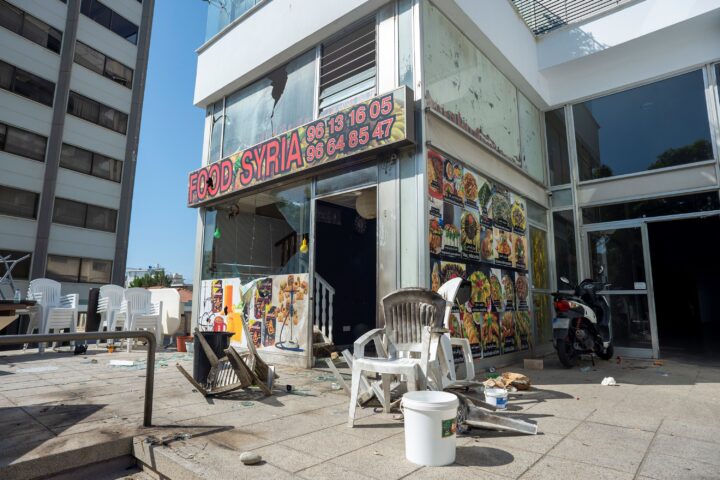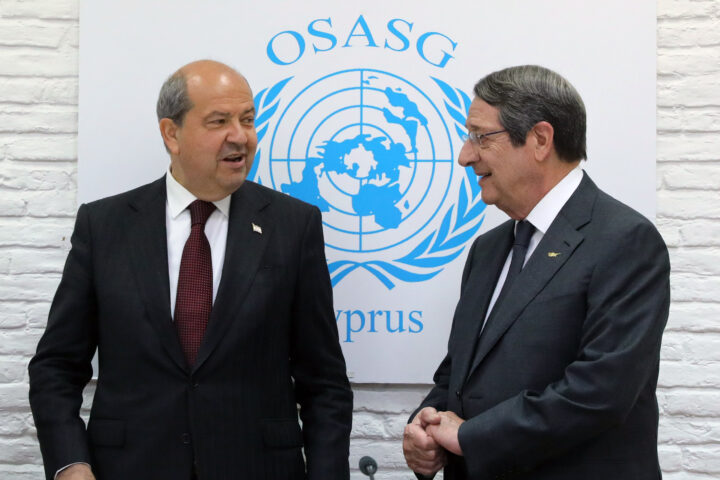The division based on political ideologies and social status is growing, instead of shrinking as one should expect in the age of home isolation and rediscovering family values.
With the Cyprus economy struggling to recover and a political solution further away on the horizon, many have resorted to venting their frustration on social media, and when curfew restrictions allow, at public gatherings, as was the peaceful-turned-sour protest in Nicosia last weekend.
It is clear from the preparation before the event the police were ordered to quell the protest before it could erupt into a full-blown demonstration, an outcome the Presidential Palace loathed for its ruling party, three months from the parliamentary election.
Although the Republic of Cyprus operates in a presidential system, the growing discontent evident from the Opposition standoff over the state budget in December showed the election for the 56-seat House is crucial for the survival of the Democratic Rally, and that nothing or nobody will stand in its way.
The peaceful protest soon deteriorated into a clash, with eyewitnesses saying they were driven into pockets for the police to have an excuse to charge at them with pepper spray and batons.
Unfortunately, an anti-terror water cannon was also deployed, suggesting a poor or perhaps intentional interpretation of the rules of engagement for the police.
As a result, a young, frustrated girl showed the middle finger to the police.
Her punishment was to nearly lose sight in one eye, no one has yet apologised for police exceeding the rules engagement, bordering on brutality.
Even the pro-Palace media joined the smear campaign against the organisers of the protest, suggesting that some were hell-bent on feeding the monster of polarity and hate that has been burning inside them for years.
At the same time, parts of downtown Limassol were burning because of an age-old vendetta between hooligans from the town’s two main football clubs with the anti-riot police nowhere to be seen.
Such scenes do the police more harm than good.
Hundreds of officers genuinely care about the well-being of others, but in the absence of long-overdue reforms, many also have their hands tied in executing their duties.
This does not justify the maniacal way the anti-riot officers attacked the protestors, even if they were provoked by a middle finger as if this were a serious threat to national security.
The total lack of communication in the case of the recent double murder that could have been prevented, as well as abuse of power when investigating a parody account on social media, shows the police have a long way to go, starting with the need to change their attitude.
And if some, as they later claimed, did not like being blamed for using excessive force, fearing they could become scapegoats, perhaps they should have not picked up their riot shiels in the first place, as they knew the battle they were going into.
Trust is not a given, the police and their political superiors, need to learn that trust must be earned.
Nobel economist Christopher Pissarides summed it up when addressing a lecture at the University of Cyprus.
“Cyprus needs to change a lot, such as mentalities inside and outside public service, to speed up justice, to stop unworthiness, to limit the parties to their political duties and to eliminate bureaucracy, as we have become a ‘state of parody’.”










